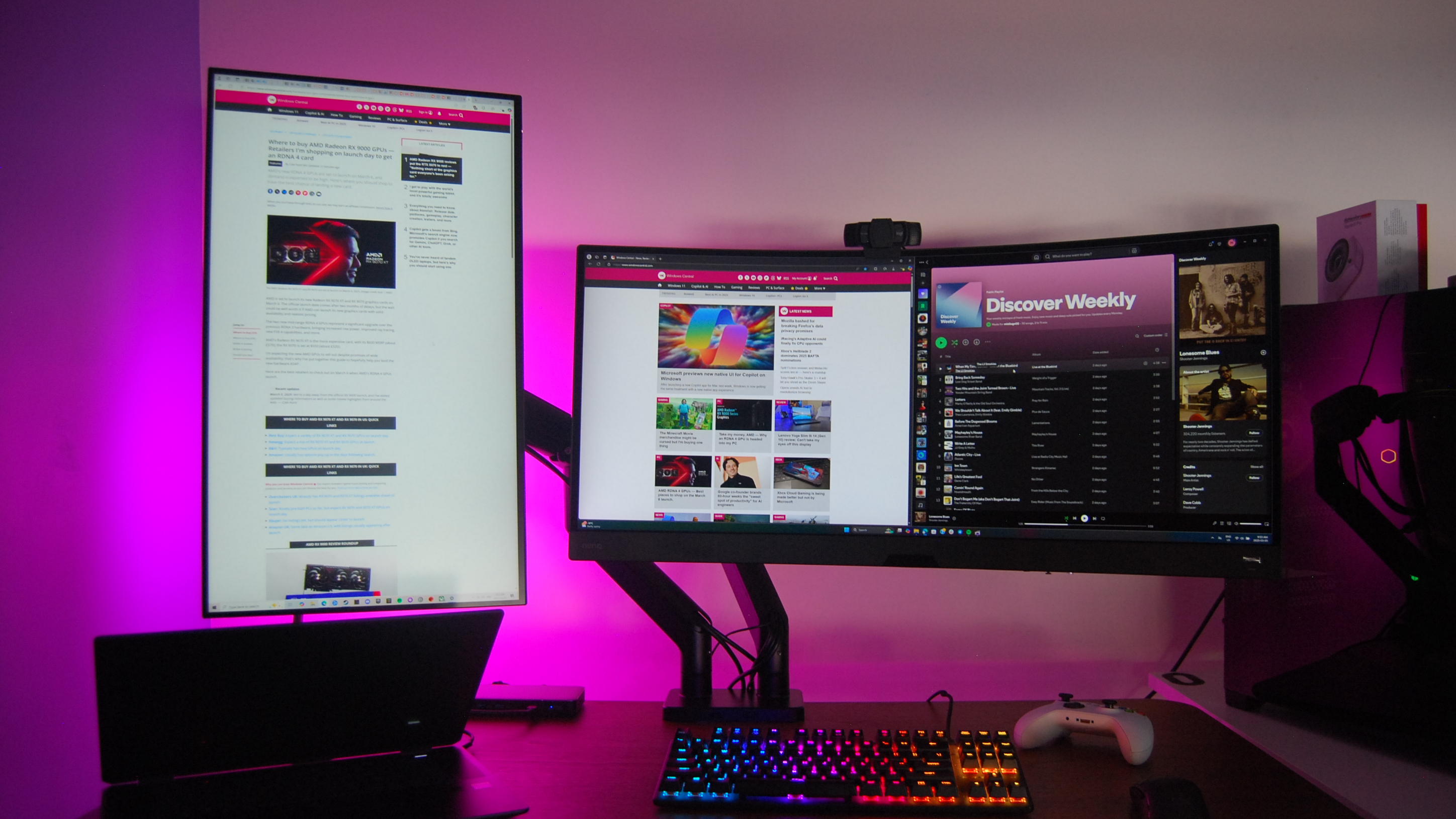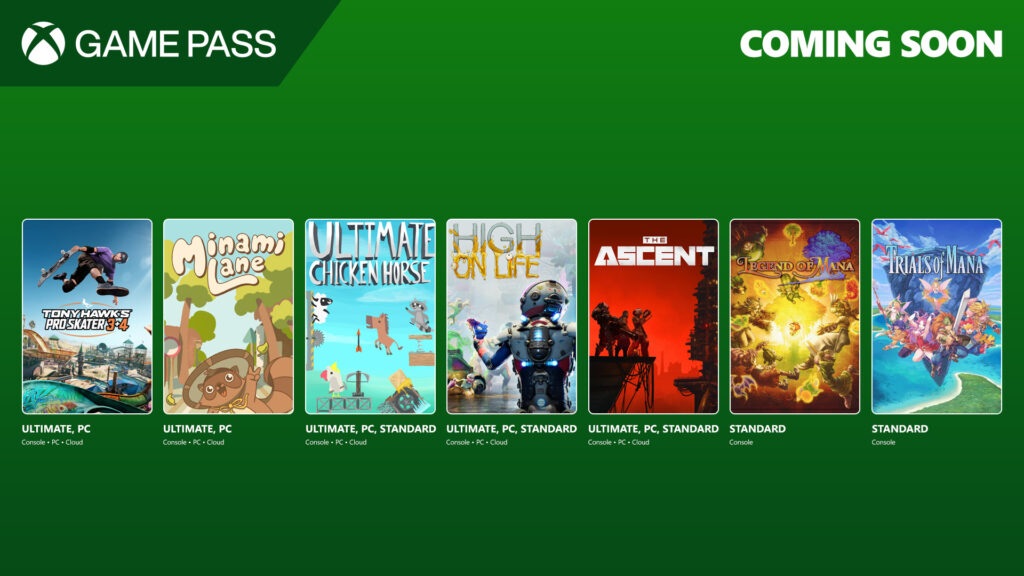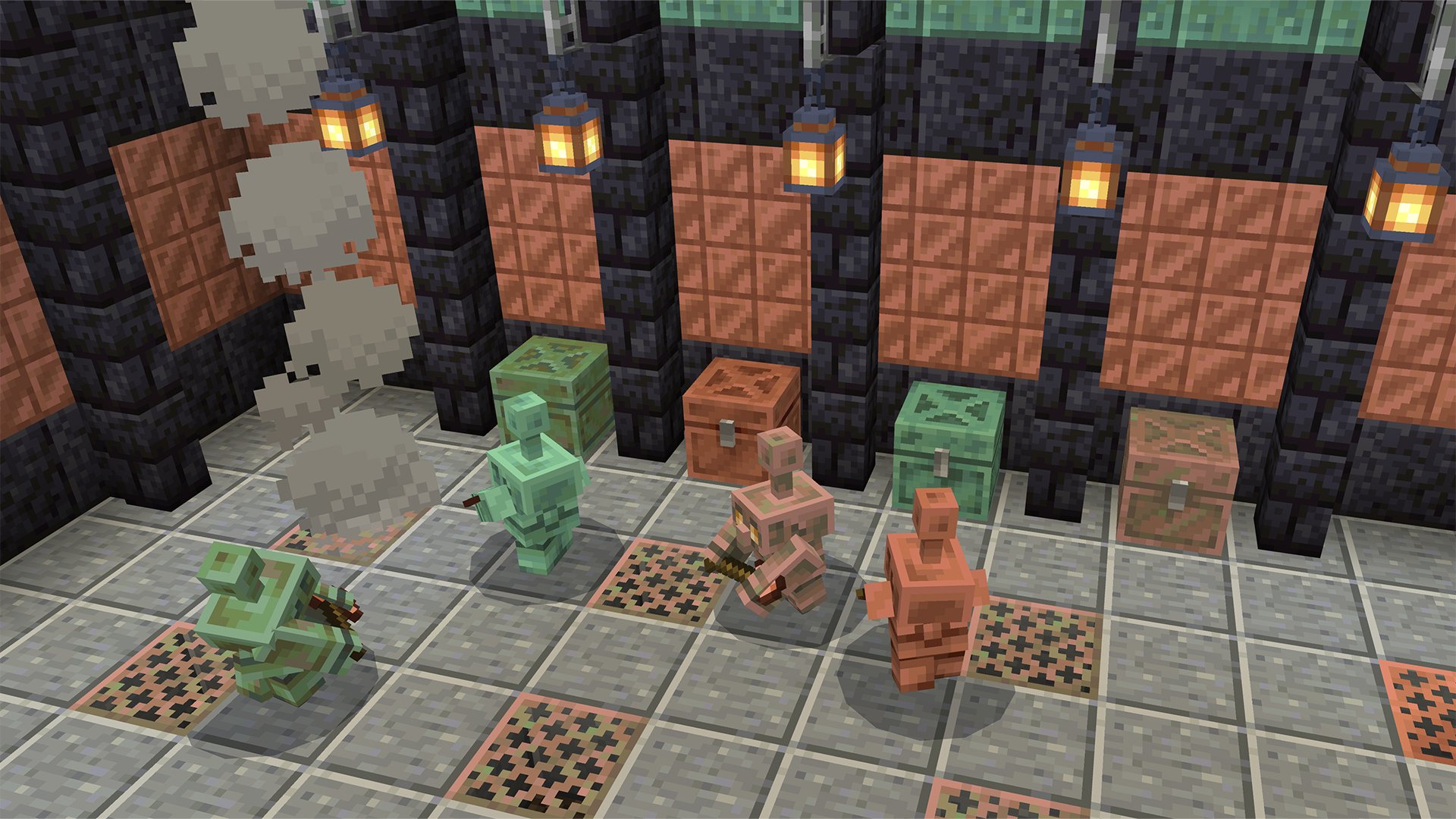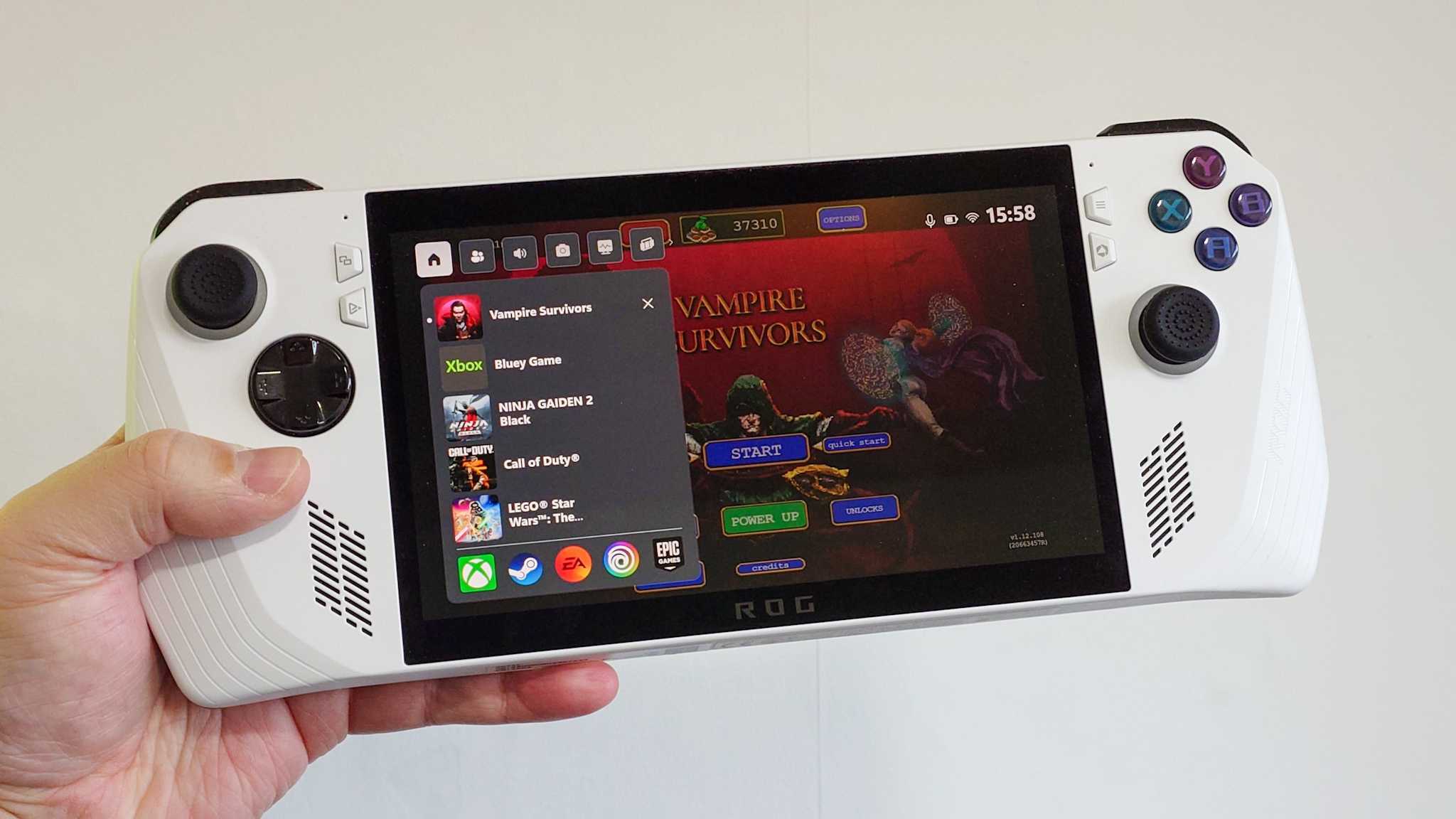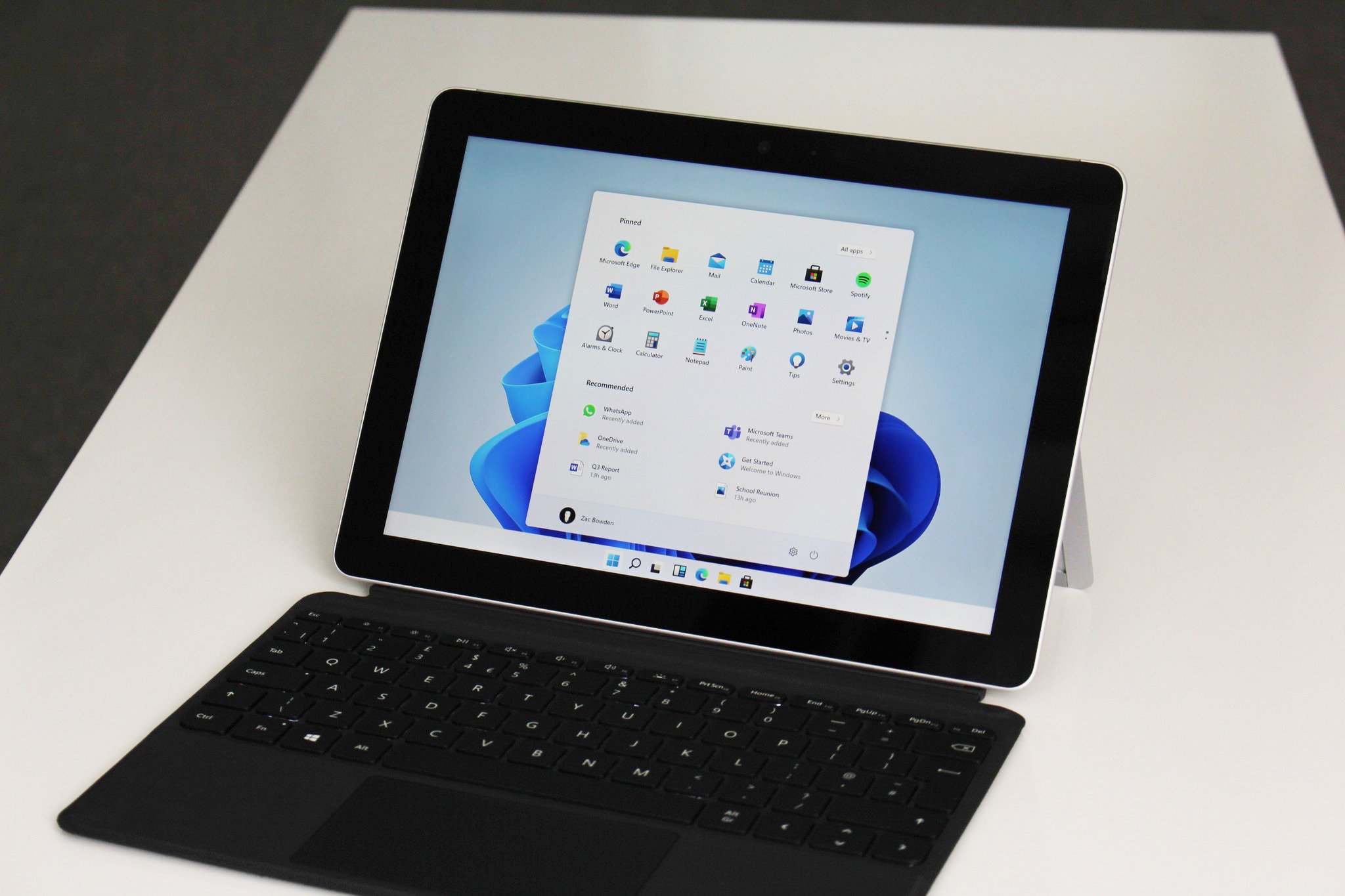Gold Rate Forecast
The price of gold tomorrow will be 3 355 US dollars. Today the price for 1 oz was 3 349 USD. Yesterday the rate was 3 294 USD for 1 oz of gold. Trading of gold took place in the range 3 262 – 3 307 USD. The difference compared to the previous day was -0.88%.
